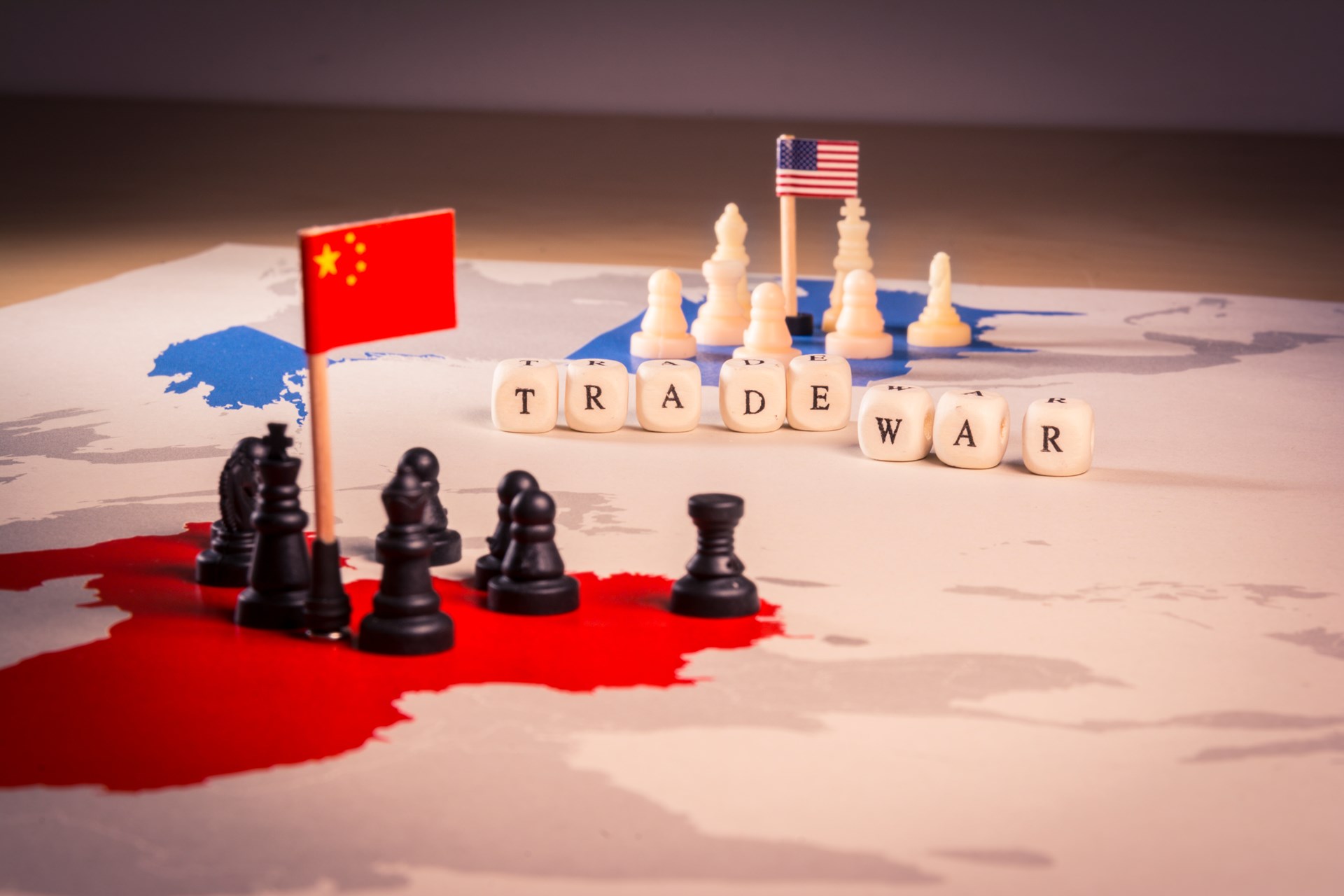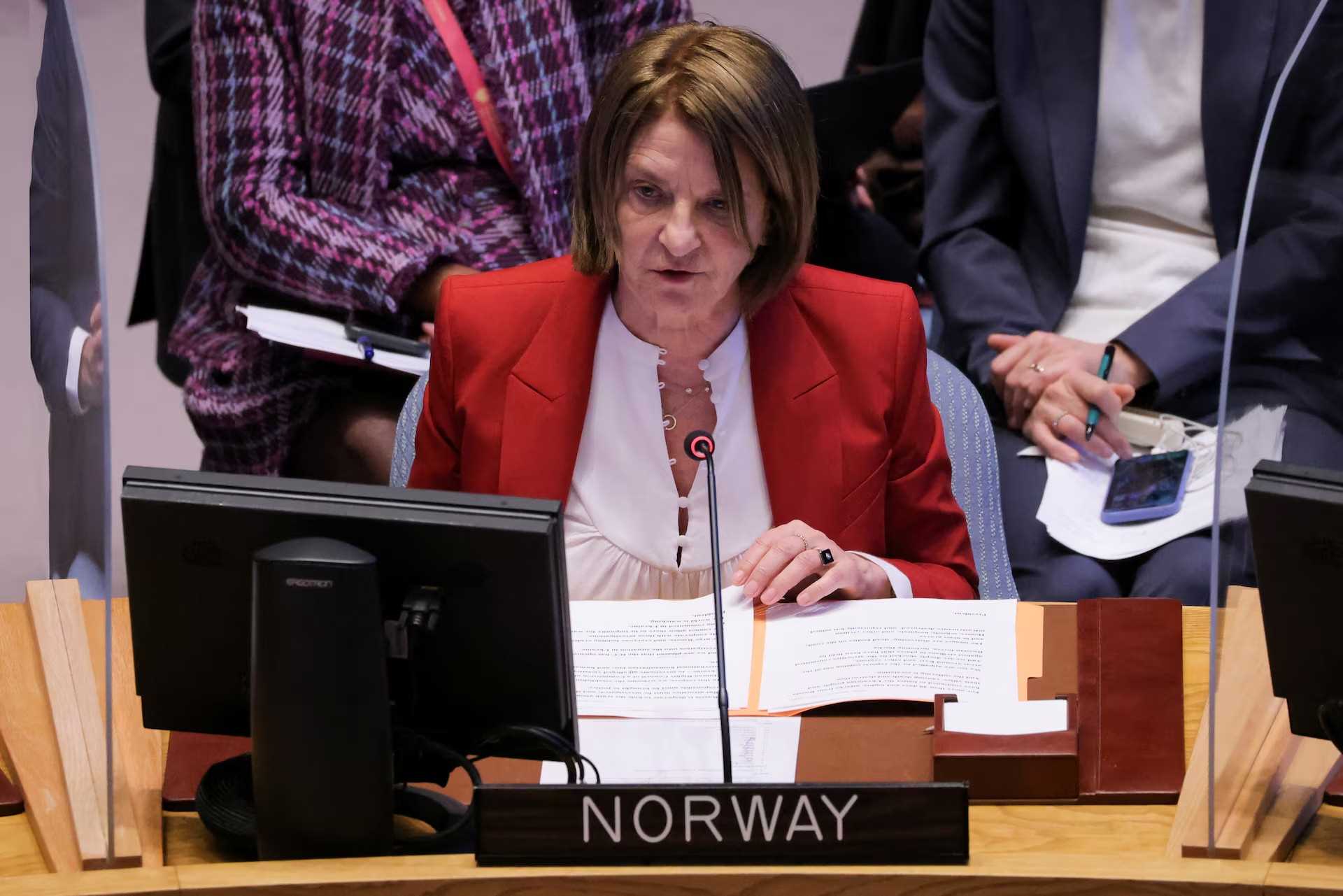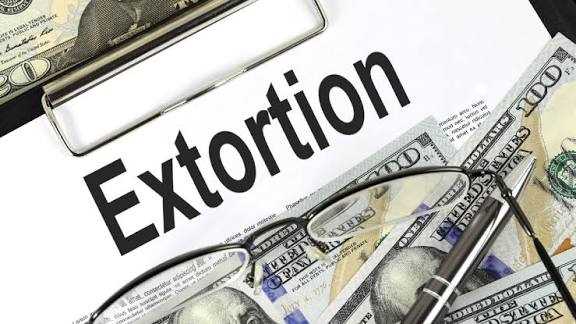
Monica Cheru-Managing Editor
Zimbabwe has decided to remove all tariffs on U.S. imports, a move that analysts and many Zimbabweans find baffling.
Various commentators on social media have expressed surprise and outright condemnation.
Zimbabwe was slapped with a 18 % tariff as U.S. President Donald Trump continues to cause major ripples in the global economy, with China being the major focus of Trump's trade wars.
50 other African countries have also been sanctioned. South Africa has said it will engage the U.S., while Lesotho, bearing the brunt of the tariffs at 50% and heavily reliant on the U.S. market, has indicated that it will engage while seeking to diversify options.
China, bracing for impact, has announced a decisive pushback, including a 34% tariff on all U.S. products, sanctions on certain firms, restricting access to key technology resources, and lodging a formal complaint with the World Trade Organization.
Zimbabwe, on the other hand, seems to have decided on a policy of appeasement. This decision by President Emmerson Mnangagwa to appease Trump at all costs has raised eyebrows, given the potential consequences.
The annual trade between Zimbabwe and the U.S. is negligible, amounting to less than $100 million. Economists have pointed out that opening up Zimbabwe to free U.S. imports is likely to create a big trade deficit for Zimbabwe and not benefit the country in any way. The pulling back of USAID funding has affected a number of Zimbabwean critical welfare programs.
Related Stories
On the other hand, China is one of Zimbabwe's biggest trading partners, with exports reaching over $1.3 billion. China has also funded major infrastructure development in Zimbabwe over the past two decades and invested heavily in the country.
China, under President Xi Jinping, has opened up export growth opportunities for Zimbabwe and other BRI partners, offering tariff-free exports to China.
Smaller economies like Zimbabwe, with concentrated export profiles, should be strategizing to minimize the risk of collateral damage from trade wars.
The renewed tariffs could impact over $300 billion in trade between the world's two largest economies, putting further pressure on global supply chains already strained by post-COVID disruptions and regional conflicts.
Economists warn that another prolonged tariff battle could cut 0.5% off global GDP growth in 2025.
Navigating these economic waters requires caution and a full understanding of the players and the stakes involved. Losing China's trust and friendship would be catastrophic for Zimbabwe.
While Mnangagwa has never made a secret of his desperation to court the U.S. with his “Friend to all and enemy to none” foreign policy mantra, compromising Zimbabwe's relationship with China in a bid to become Trump's new BFF will result in a big loss for the country.
Zimbabwe must tread carefully to avoid becoming one of the biggest victims of the trade wars and strategize to find the opportunity in crisis.




















Leave Comments